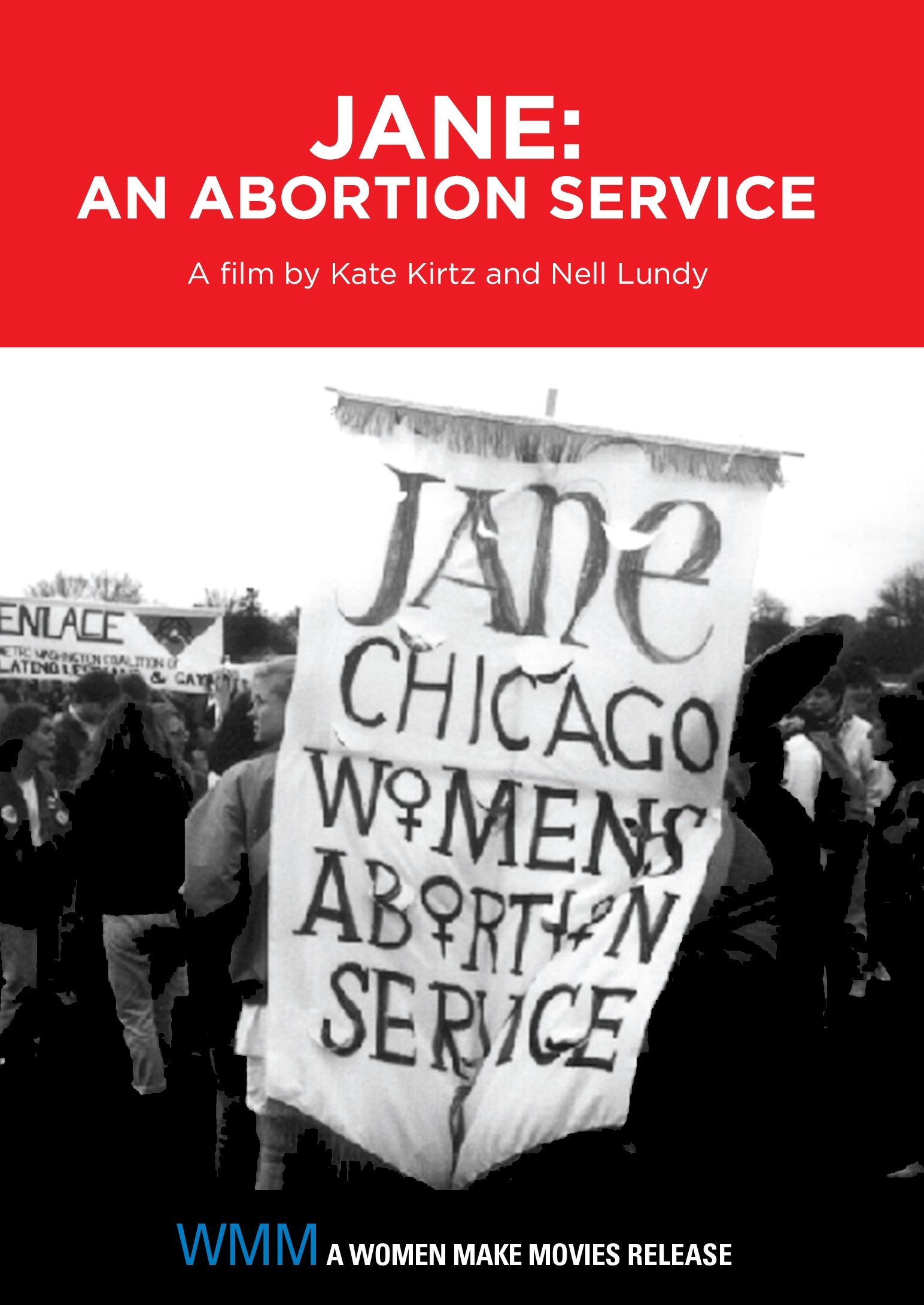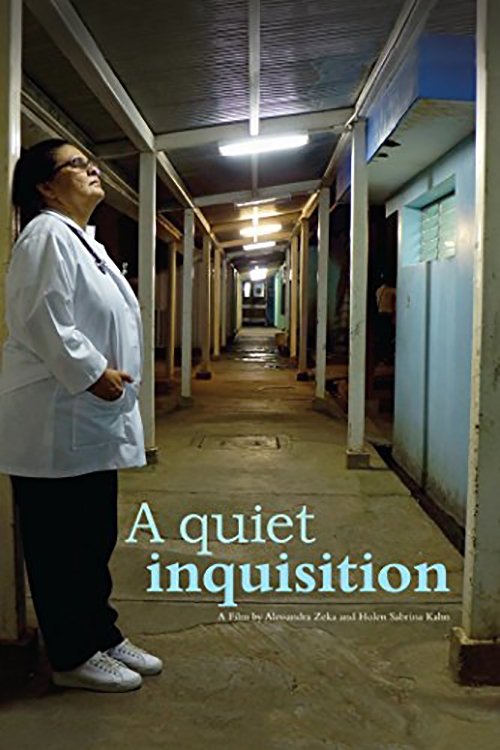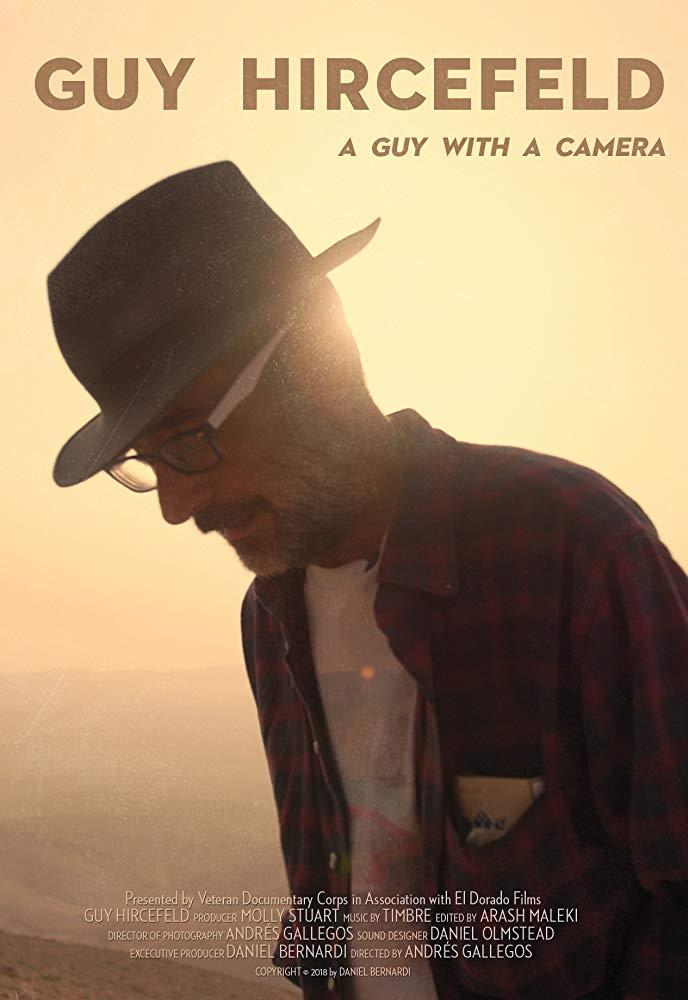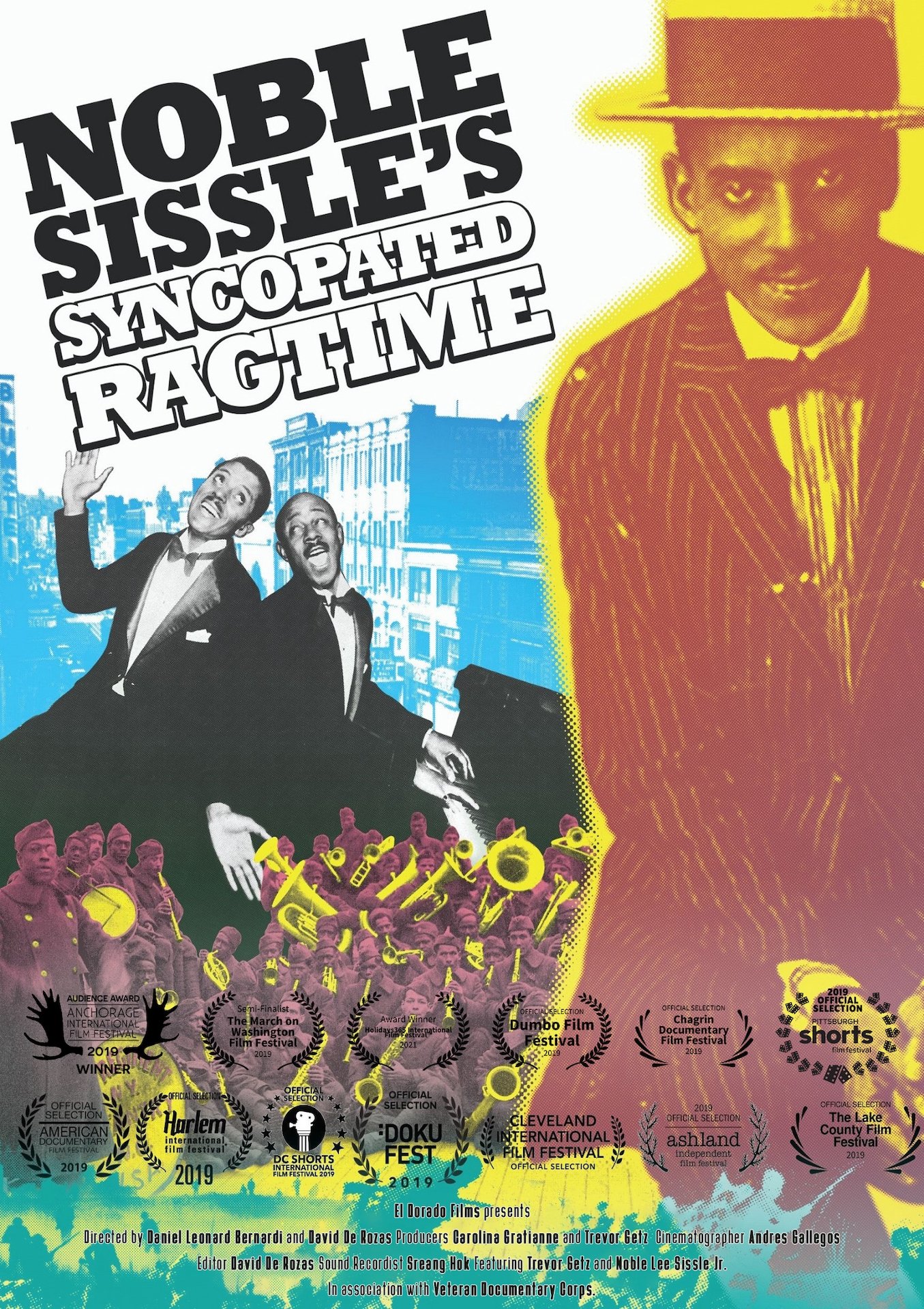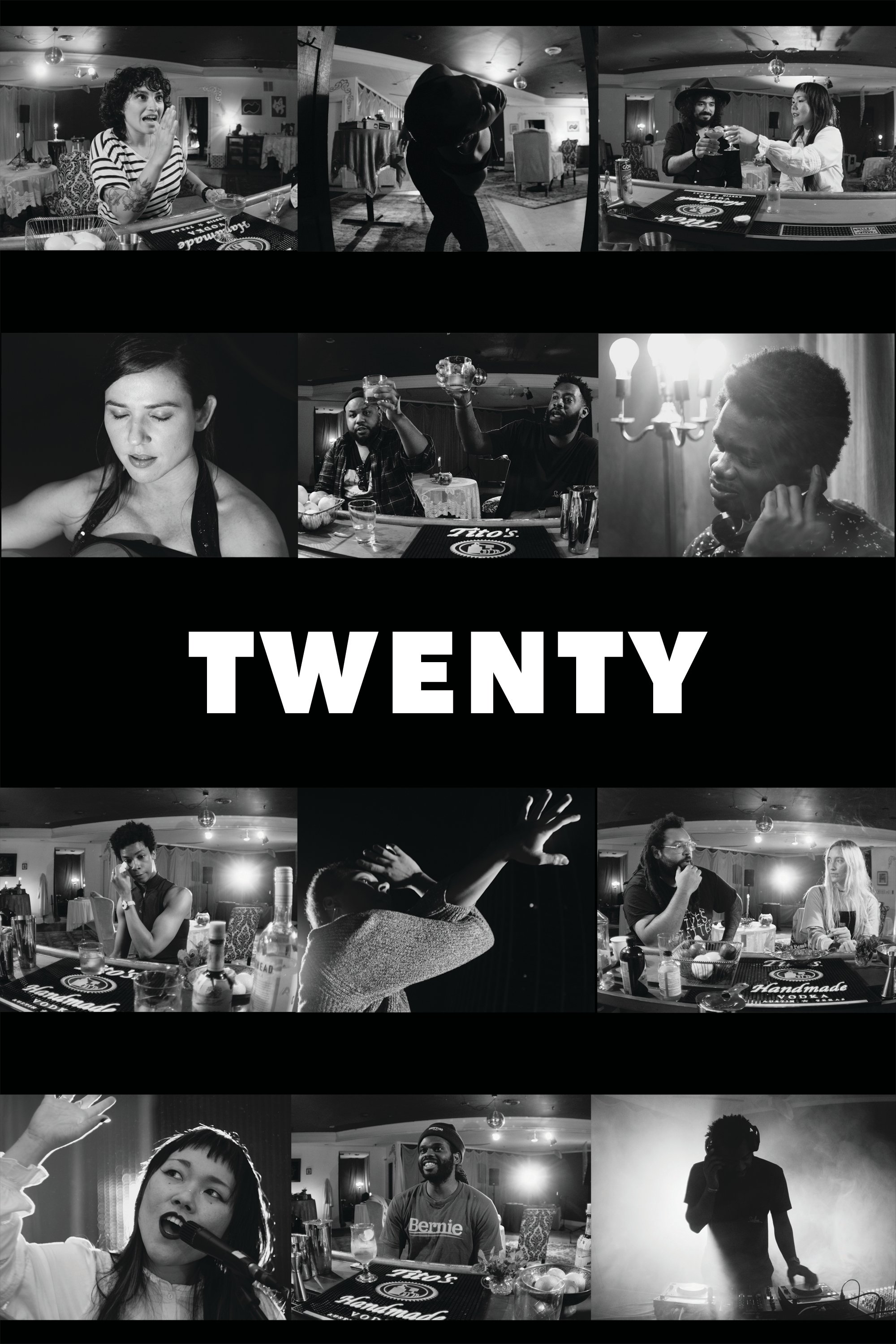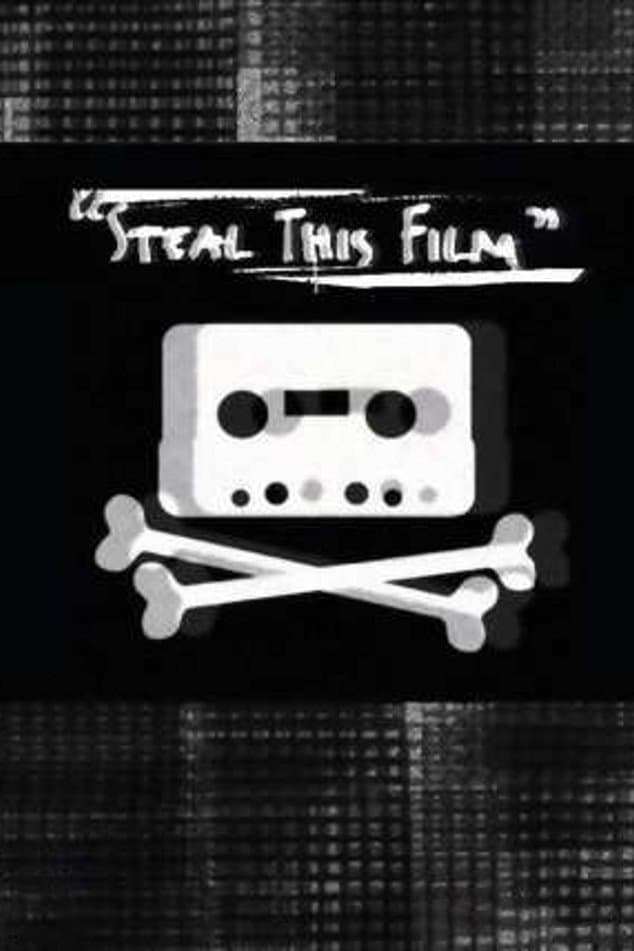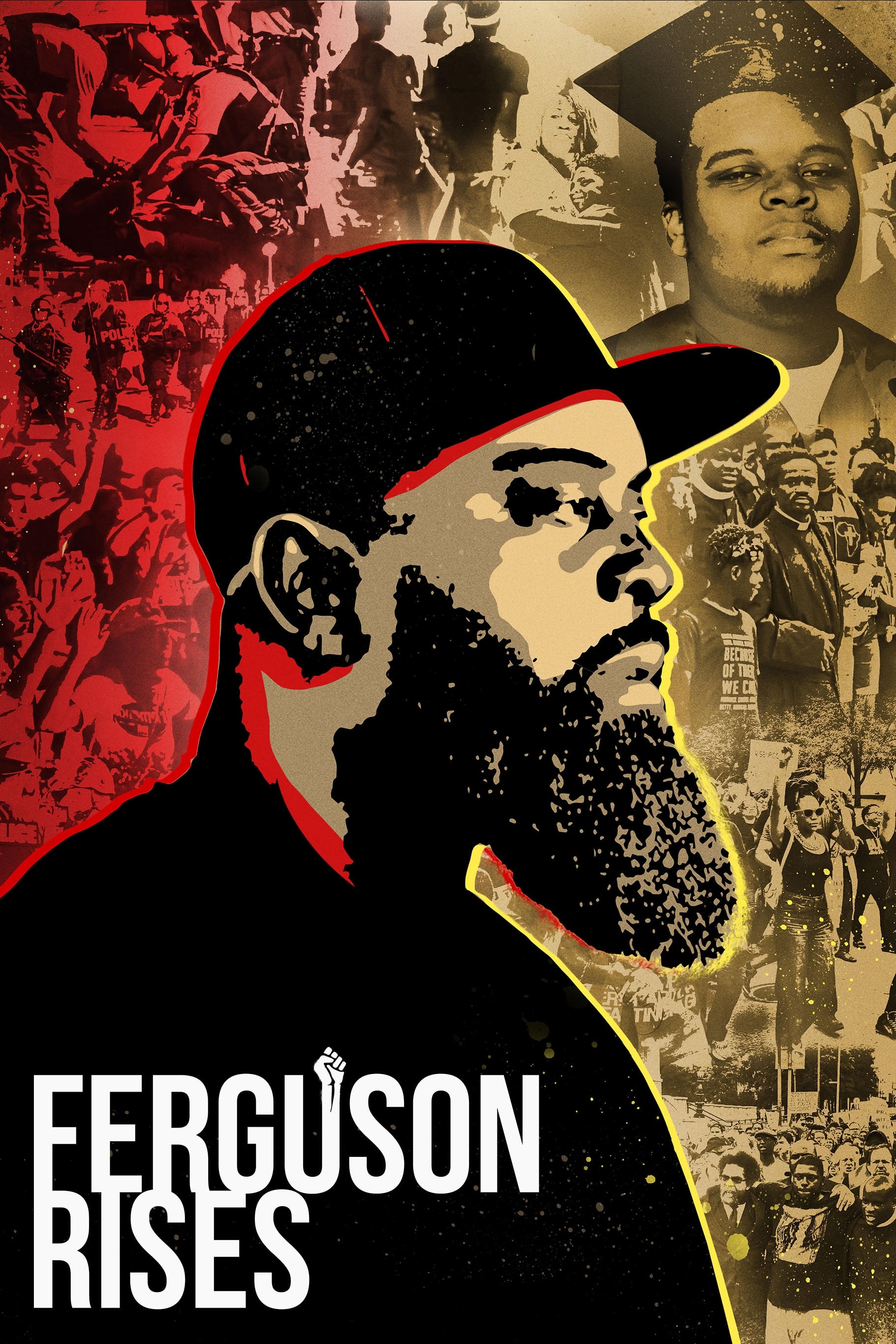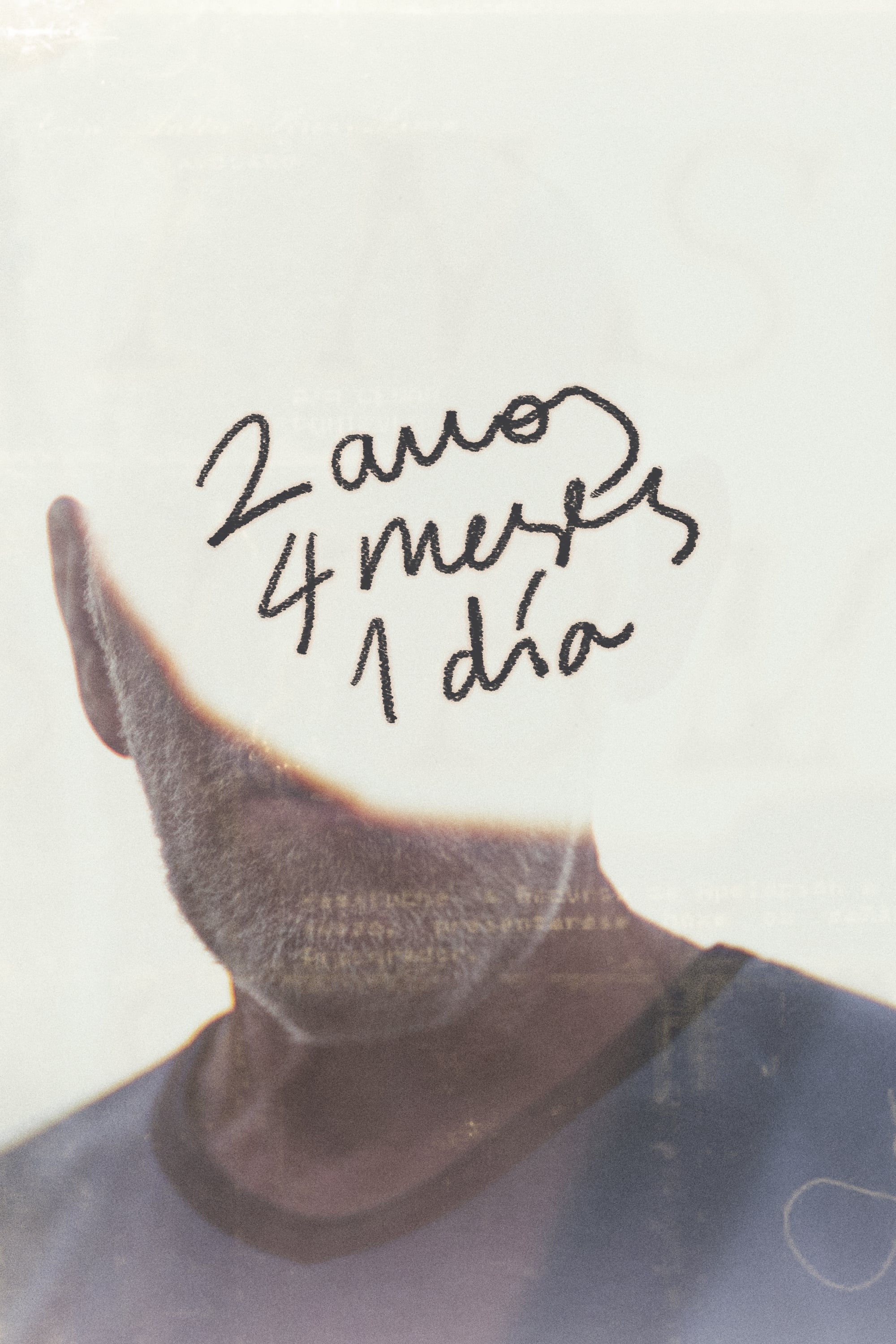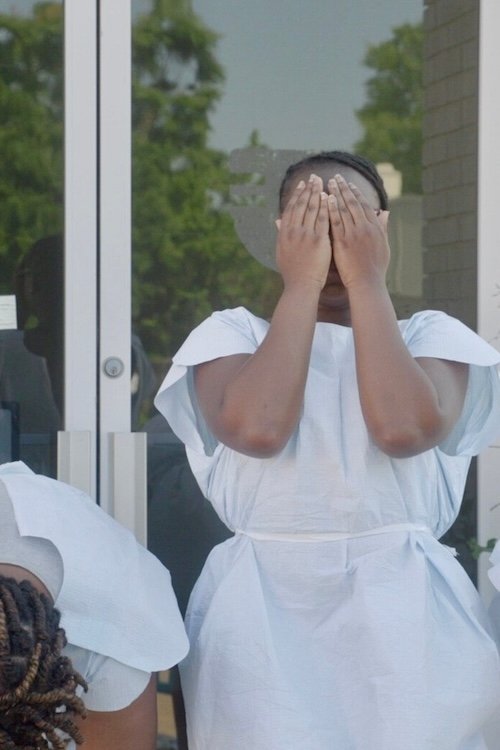Stories of A (1974)
Released:
1974-10-16
Duration:
1hr 30min
Genres:
Documentary
Rating 1.0
Overview
French documentary campaigning for the liberalization of abortion and contraception, directed by Charles Belmont and Marielle Issartel in 1973.
Production Companies
Riga Films
Additional Info
| Budget | $0.00 |
|---|---|
| Revenue | $0.00 |
| Original Language | fr |
| Popularity | 1.5175 |
Directed By
Marielle Issartel
Charles Belmont
Crew
Music
Jean Schwarz
Jean Schwarz
Editor
Marielle Issartel
Marielle Issartel
Sound
Pierre Lenoir
Pierre Lenoir
Director
Marielle Issartel
Marielle Issartel
Director
Charles Belmont
Charles Belmont
Director of Photography
Philippe Rousselot
Philippe Rousselot

